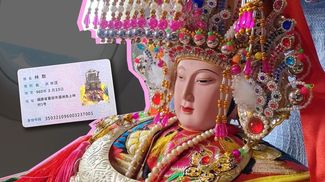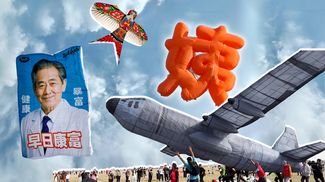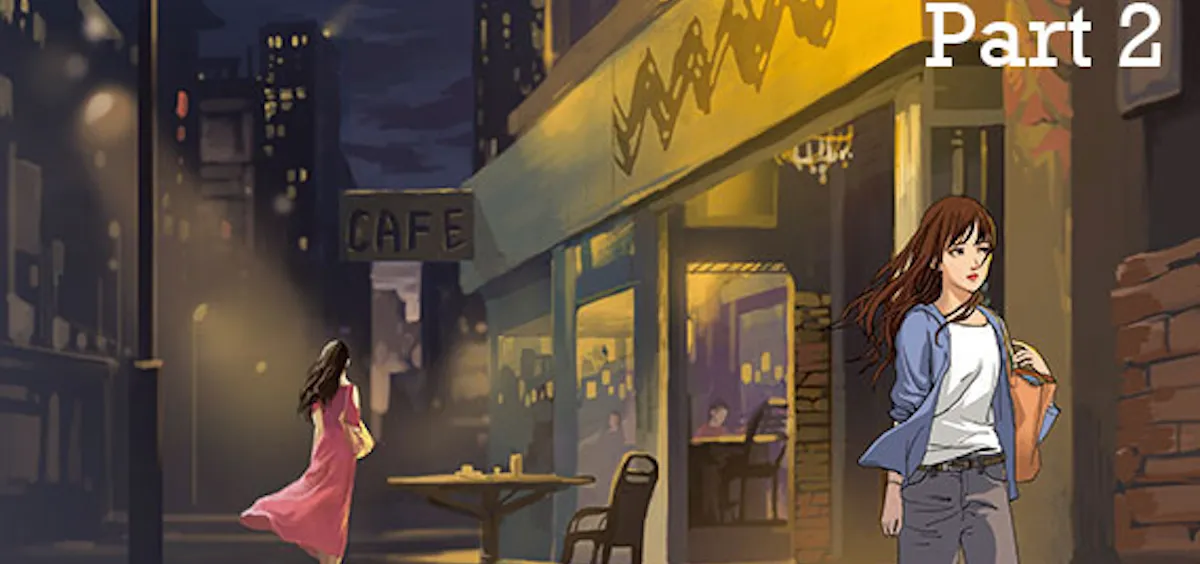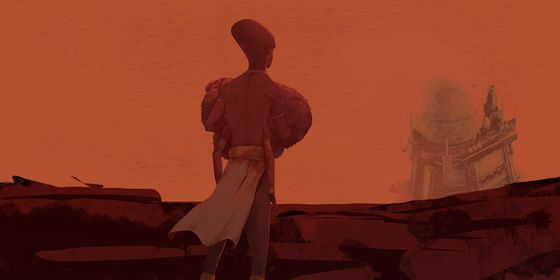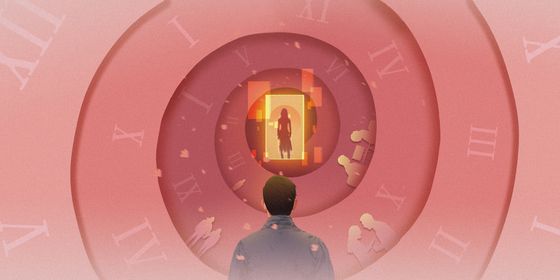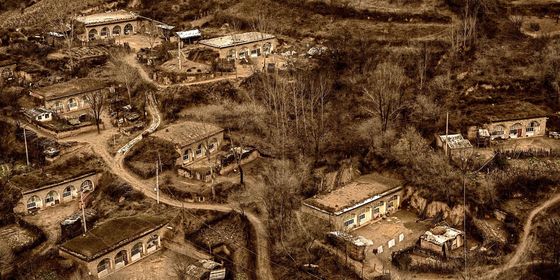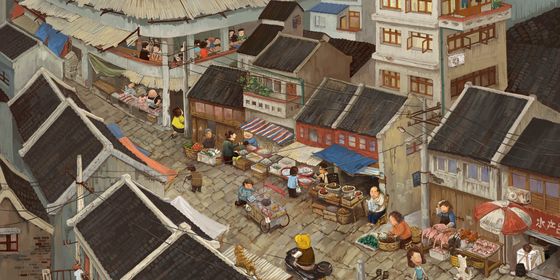The 1980s generation still has to grow up sometime
Read part 1 here.
“When you think about it, the people born in the 1960s were very lucky. They got all those preferential government policies, went to university for free, then the state gave them a job and a house. People born in the 70s did well, too. You have it the worst, those of you born in the 80s. You get nothing,” Grandpa Q sighed.
“Yeah. Like Yazhuang and Caiwang. They were in the same course during undergrad, but Yazhuang spent almost ten more years finishing his PhD. He’s going to be competing with people born in the 80s. Caiwang has a house, is in charge of his own department, and Yazhuang has nothing,” I said, raising an example. Caiwang was Kongshan’s supervisor, and was big in the media now.
“So I’m saying, you have to look at people’s ‘effective’ age, like Yazhuang. You could say he’s in the same lot with the 80s kids now,” said Kongshan.
“Okay, okay, well I want to do a PhD. After I finish, will that make me a 90s kid?” I was pumping my feet.
“Yep.”
“Not you, don’t go throw in with the 90s kids,” said the guy I married, Grandpa Q.
“I will, I will. I want a job, not just being a housewife.”
“Well, you can be one of the kids from the turn of the century,” said Grandpa Q, laughing. “You know, around 1900. Some women went out to work, others stayed at home.”
The weather was very cold, the first time in a few years the cold had extended to May. “Beijing’s spring is very short,” people often say, but that year it was very long. At the end of March I bought a number of short-sleeved outfits, thinking I could wear them soon after, but I still wore a quilted cotton jacket for a whole month after that. Taking off a jacket like that and wearing short sleeves is something I’m used to every year, but this year, after switching out of it I discovered that I didn’t have enough sweaters to face this long, bleak, cold, dark spring.
After Kongshan and I went out, the cold air went straight through my trousers, reminding me that not wearing long underwear was a mistake. Kongshan just wore leggings and a frilly dress. I know that she didn’t have long underwear—the mark of fashionable people is to never wear that stuff. Thus, although we got to the bus stop, she decided we should take a cab. In the cab, we talked about our views of the world and the universe, as well as new things we’d learned reading. I said that I’d heard that some girl in some county only had a high school education, and being average looking, still managed to marry the village party secretary and had two children. After the village secretary went to the county level, she divorced him and married the county magistrate. After the magistrate went to the city, she remarried again, again, again, until she ended up marrying someone at a high-level department and became employed there. In light of the fact that even women who meet the basic requirements of “good education, looks, and finances” are everywhere, legions of men are still not in a rush to marry them. The girls looking for that “right guy” are single because the “right guy” isn’t around— they’ve already been snatched up. Kongshan angrily asked how this girl pulled it off.
“So, is she just really shady or low?” Kongshan asked.
“Well, you know. It’s how people do things,” I replied. “She probably didn’t think she was being shady.”
“You know, after reading Julia Kristeva, I feel like I’m pretty shady, or at least low.”
“Once you start thinking about yourself like that it’s over. You’re not shady.”
“Working every day, it’s the same shady stuff. Even if I can stay in a fivestar hotel, or dine on some Michelinlevel cuisine, I feel like I’m pretty low. Like a maid for rich people. The media all just use everything they have to try to curry favor with rich people, which I think is the same, so low. I wonder if my colleagues that work with me feel the same, that it’s so low. They seem all so excited, they think they’re part of society now, write books like How to be a Classy Girl.”
“So do I not have a job because I’m not low?” I thought about this.
These are my principles: don’t have a boss; don’t cater to anyone, especially the rich people and fall over yourself trying to kiss the pinkie ring; don’t wake up every day and go straight to the news. You don’t have to maintain real-time awareness of what other people tell you is the important stuff happening around the world at each instant.
During the course of our heated conversation, the taxi took the long, long way around. Our ride should have only been a little over 20 RMB, but it came out to 35. I wasn’t thinking about it, though, and paid quickly. The taxi driver shooed us out of the cab and drove off before we’d even gotten a firm stand on the street.
The weather was cold desolate. Kongshan went into a bookstore that she frequented. Downstairs, there were all kinds on offer, 40 and 50 percent off. She looked first at A History of Foreign Sinology, leafing through the first few volumes. Kongshan was in good spirits. “Don’t you want to go upstairs?” I asked her. “I’ll check this out first,” she said, “I’m going to buy a lot here.”
I understood Kongshan’s logic. During the economic crisis, we discussed this topic. Everything was expensive, but books were relatively cheap, on average 20 or 30 a volume. So if you bought 200 to 300 RMB worth of books, you could stay at home for half a month without having to go out and spend money. So we decided to read books to pass the crisis. The kinds of books she read were very different from the kind I read. She loved theory and culture, and I loved anecdotes and stories. This is the difference between the Pisces and the Taurus. When she was putting Research into Institutions throughout Chinese History, Abnormal Psychology, and Japanese Aesthetical Sense into her cart, I was reading 1948: Protest of Shanghai Club Dancing Girls. “Ah, that one’s nice. Yeah, check it out, at half price, it’s only 13 RMB.” I still didn’t buy it, and instead bought some books written by some poser foreigners who thought they understood China, an English-Chinese bilingual book: Annotated Review of the Literature and Life of Jin Shengtan, Research into the Song and Tang Style Prosein Ming Dynasties, and upstairs: The Complete Annotated Four Books. Maybe I buy the lamest books of anyone.
“The Great Charlie Brown, part 1” is a story from our newest issue, “Farming”. To read the whole piece, become a subscriber and receive the full magazine. Alternatively, you can purchase the digital version from the iTunes Store.

